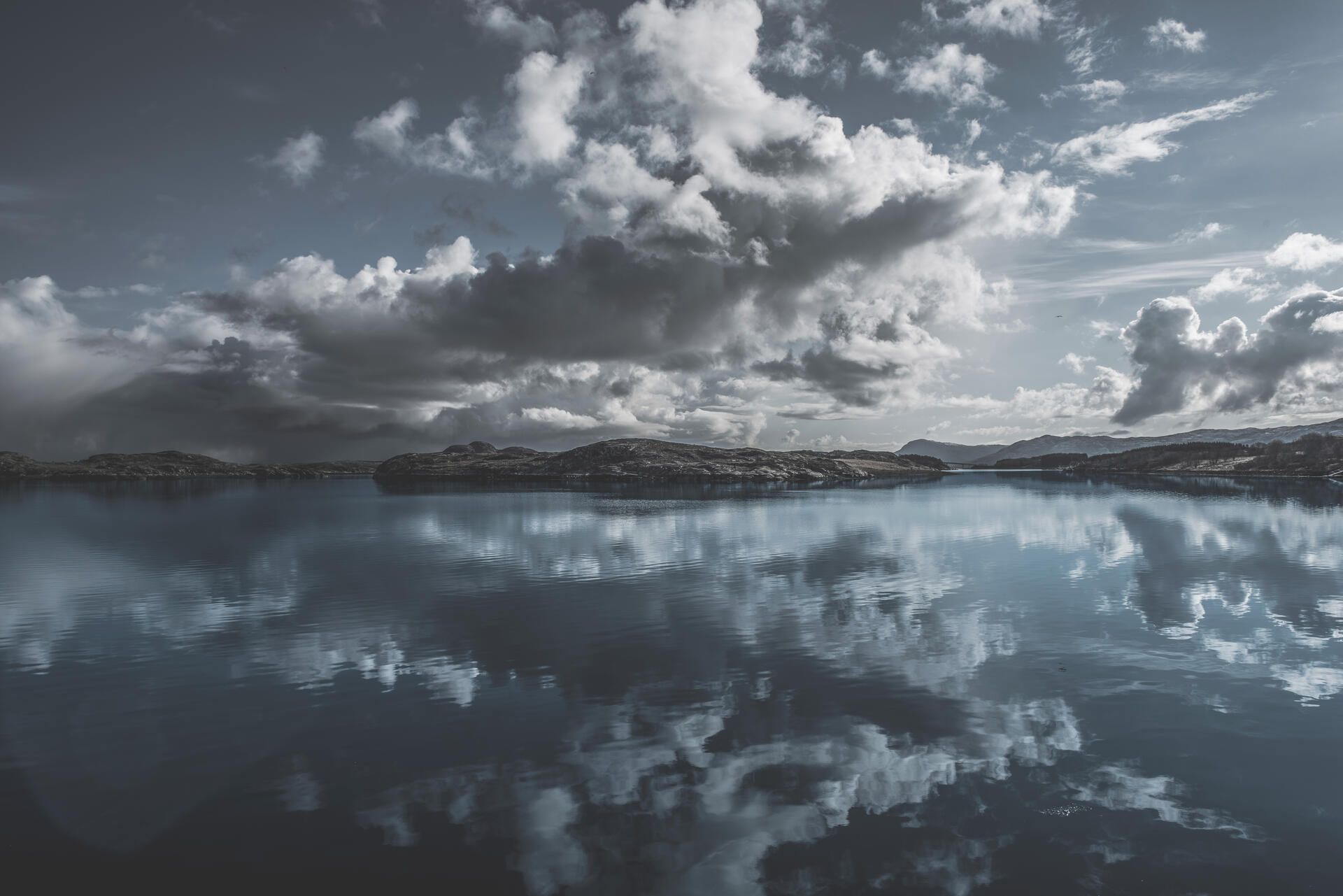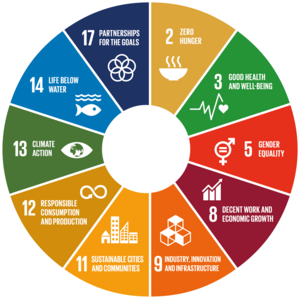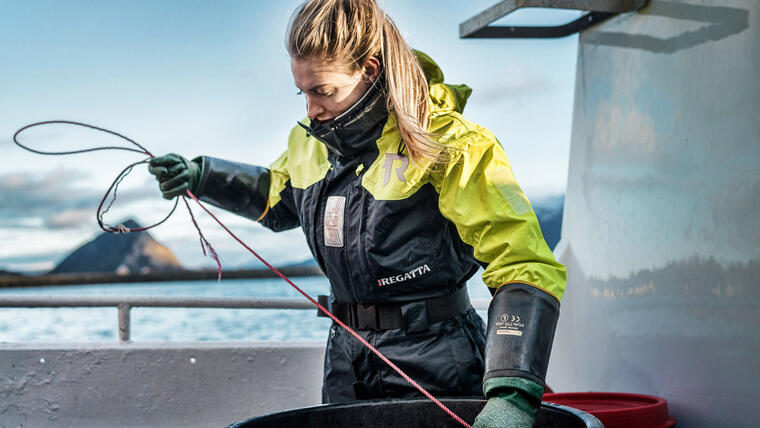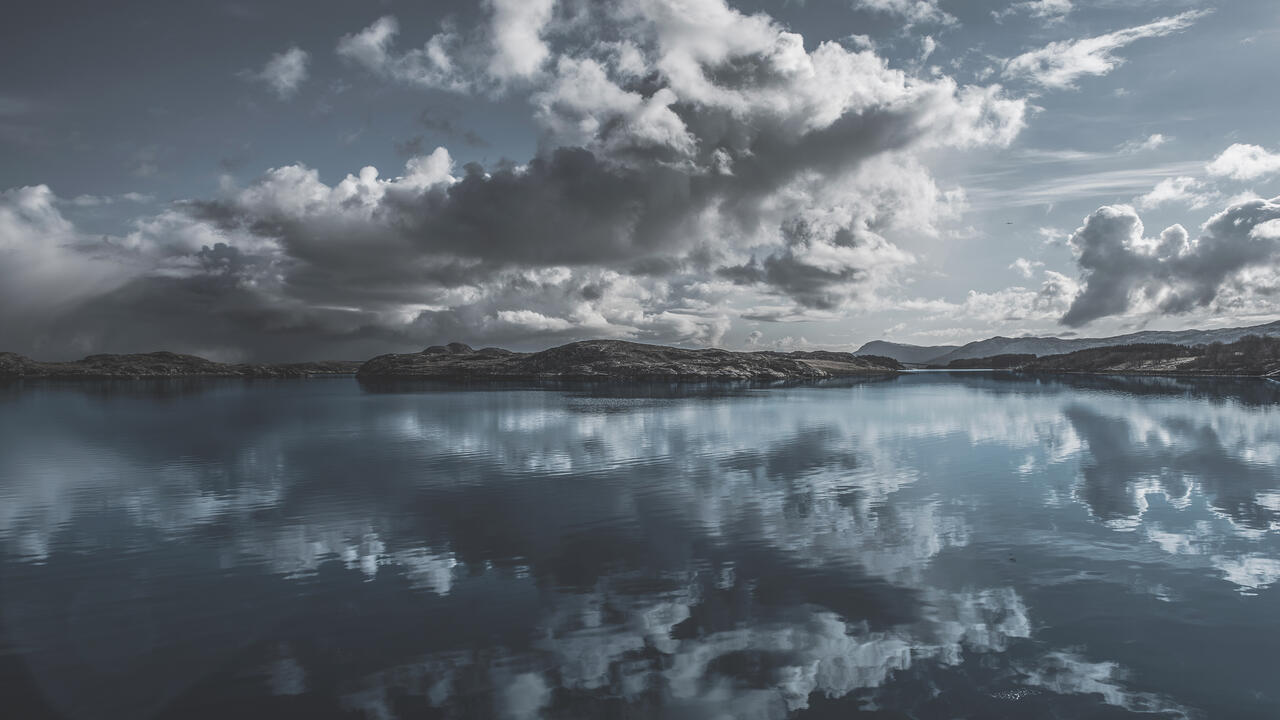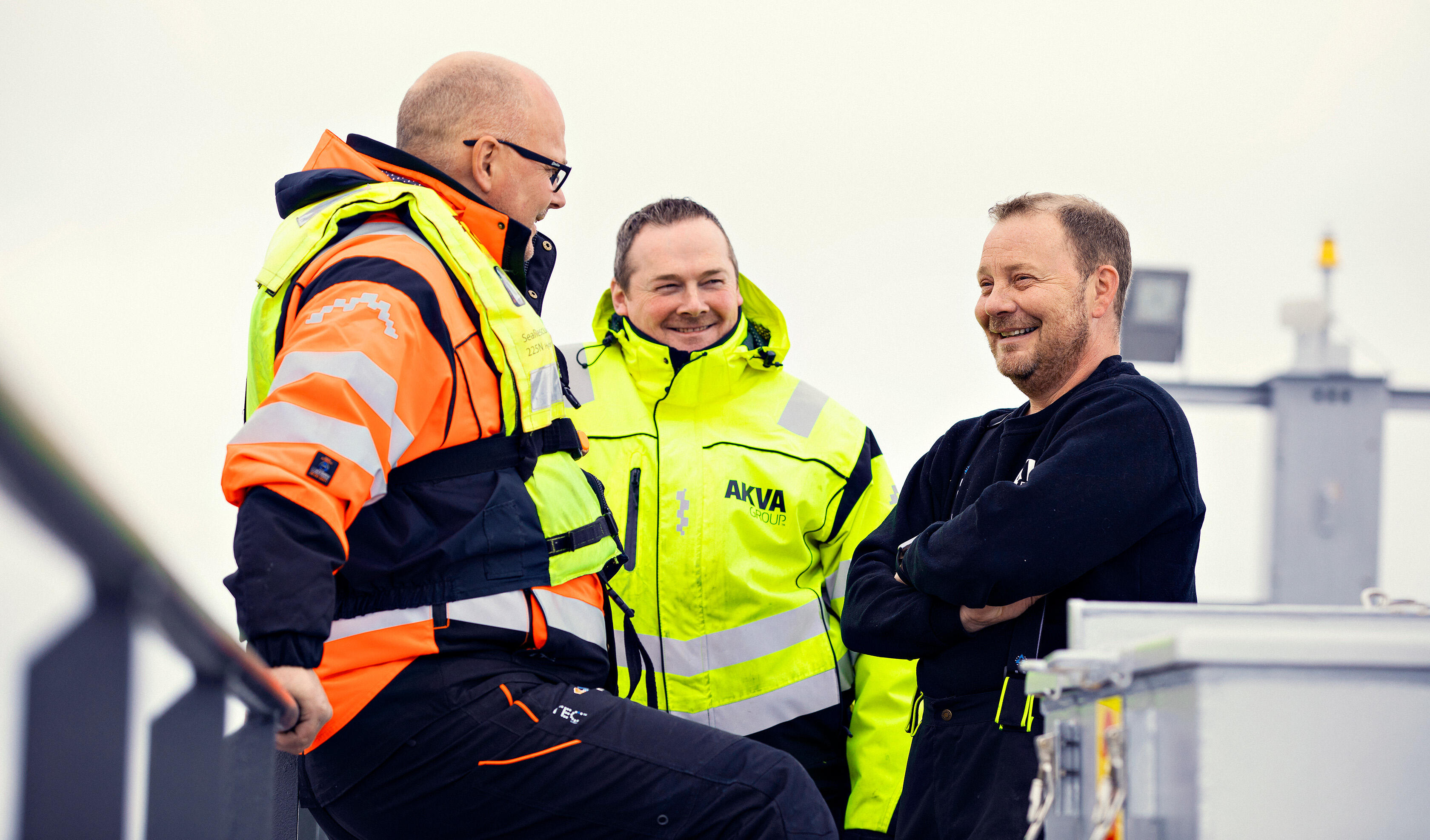Our solutions
AKVA group allocates substantial financial resources to develop more sustainable technologies for the global aquaculture industry, targeting improved fish welfare as well as solutions to solve environmental issues, such as the challenge of fish escapees and problems with sea lice in the salmon industry. We work closely together with customers, suppliers and research institutions in different projects and initiatives going on in the aquaculture industry.
Pens in recycled material and without polystyrene
AKVA group has removed polystyrene in the fabrication of all plastic pen PE piping. AKVA group are working extensively to reduce plastic waste, cuts, spill and drift-off during the assembly processes and introduced new polystyrene-free pens to the market. In 2021, AKVA group and Plasto developed walkways based on recycled material from discarded pens. At the end of 2021, AKVA group, Plasto and Oceanize received grants from the Norwegian Retailer´s Environment Fund for a project developing pens entirely based on recycled material.
Waterborne feeding technology
AKVA group strongly believe that waterborne feeding is a feeding technology for the future. Waterborne feeding is gentler on both the pellets and the feeding pipe, and noise and micro-plastic discharge are reduced. The energy consumption by replacing air with water is also reduced.
Hybrid energy solutions
Traditionally diesel is the main energy supply at barges in the aquaculture industry. This is changing rapidly and AKVA group has for several years developed hybrid energy solutions. The energy consumption on a hybrid fleet combined with waterborne feeding is now potentially reduced by 90 % compared to a diesel-based barge. Combination of a hybrid system and airborne feeding reduces the energy consumption by approximately 60 %. The CO2 emission is reduced by 1.3 ton per 24 hours for a hybrid/airborne system and 2.1 ton per 24 hour for a hybrid/ waterborne barge.
